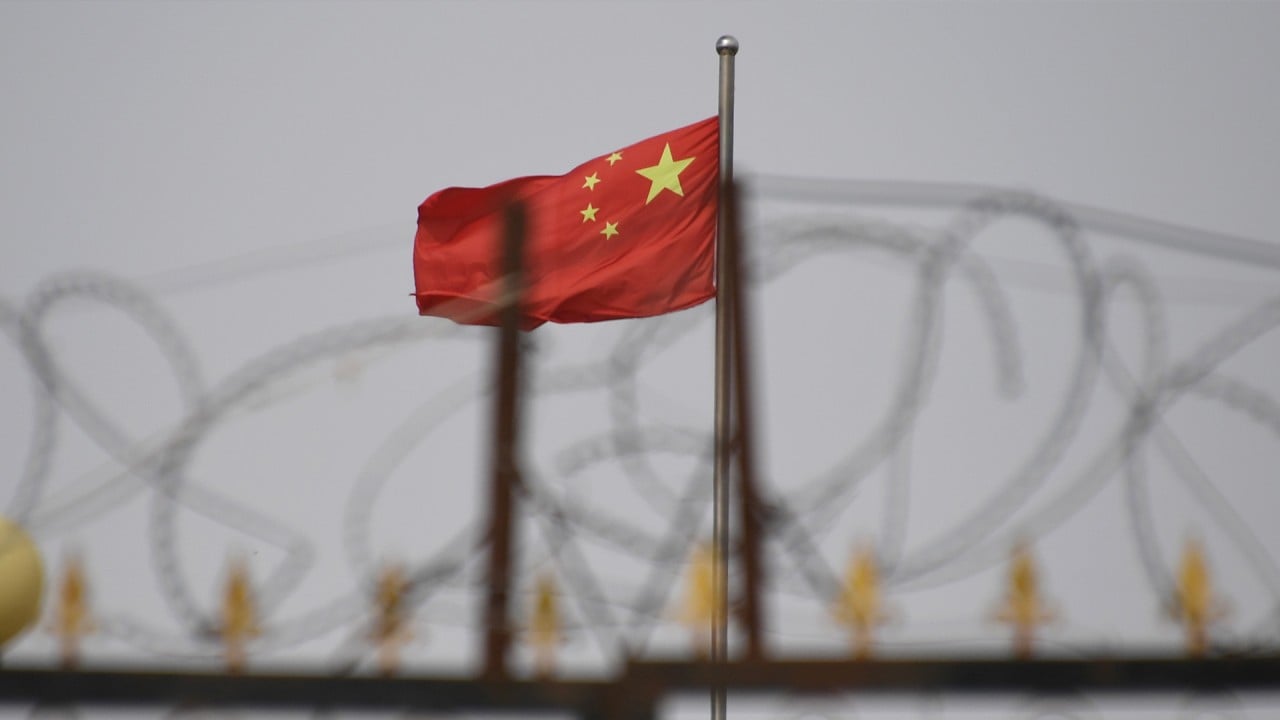
In the Xinjiang cotton row, principle has been hijacked for political profit
- For the US in particular, ‘principle’ has become a byword for political profit, which can be coupled with financial profit to achieve supremacy
- For the international brands stuck between making a financial profit and a government’s ‘political profit’, decisions have to be balanced very carefully
China and Western countries have recently been trading barbs on several issues, each side citing inviolable principles. One critical issue revolves around cotton produced in Xinjiang, a major grower of high-quality cotton not only for the domestic market but also for international brands.
For the West, this is a human rights issue.
In light of this, international brands have been urged to stand on the side of principle instead of profit, and boycotts of cotton and related products from Xinjiang have been advocated.
For China, this is about defending the truth.
Beijing has protested strongly against the misinformation and false claims in the Xinjiang cotton dispute. The array of videos and audio files produced can hardly be classified as findings; they only give information from one side. Mere stories cannot be treated as material evidence where there is a dearth of facts that can be verified and validated.
There are no grounds to assume that Chinese consumers’ actions are unjustified or politically driven, or that their purchasing decisions are manipulated by the government or propaganda. Chinese consumers are quite able to come up with their own judgments and decisions.
So now, there are boycotts in both directions. Foreign boycotts on China driven by the principle of human rights. And Chinese boycotts on foreign entities driven by the principles of truth and national pride. This is a balanced reciprocity, and it rightly reflects the respective freedoms to choose, based on what each side believes to be right.
Yet the Chinese market is one of the biggest magnets for companies worldwide. They see enormous business opportunities in China’s industrialisation and urbanisation, and now digitisation. So this tussle leaves many companies in a quandary.
First, how to verify which allegations are true? We need verifiable information – evidence and facts to lead us to the truth. But the Xinjiang cotton case is full of unhelpful misinformation.
Second, how to balance truth and purpose? The purpose of companies is to make a profit. We seek truth to advance civilisation. Truth without truthful solutions is not what human beings have been pursuing. It is all about finding solutions to the obstacles that hinder the improvement of society. Yet in the Xinjiang cotton issue, both sides are unable to agree on the truth, nor can they work towards truthful solutions.
Third, how to distinguish between principle and profit? Principles are about the highest moral standards, and can influence the material world in a powerful way. Unfortunately, politicians and opportunists in the West often distort the concept, using it to serve their political and economic interests. Meanwhile, Chinese consumers are merely voting with their feet, based on market economy principles.
For the US in particular, “principle” has become a byword for political profit, which can be coupled with financial profit to achieve supremacy.
For the international brands stuck between making a financial profit and a government’s “political profit”, decisions have to be balanced very carefully.
The right way out of the quagmire is to build platforms for communication and negotiation, enabling a conducive exchange of information, evidence and facts, and pushing out as much misinformation as possible. Only in this way can the truth be uncovered and a truthful solution be reached.
Liu Jun is a member of the China Finance 40 Forum. The views expressed here are the author’s own




